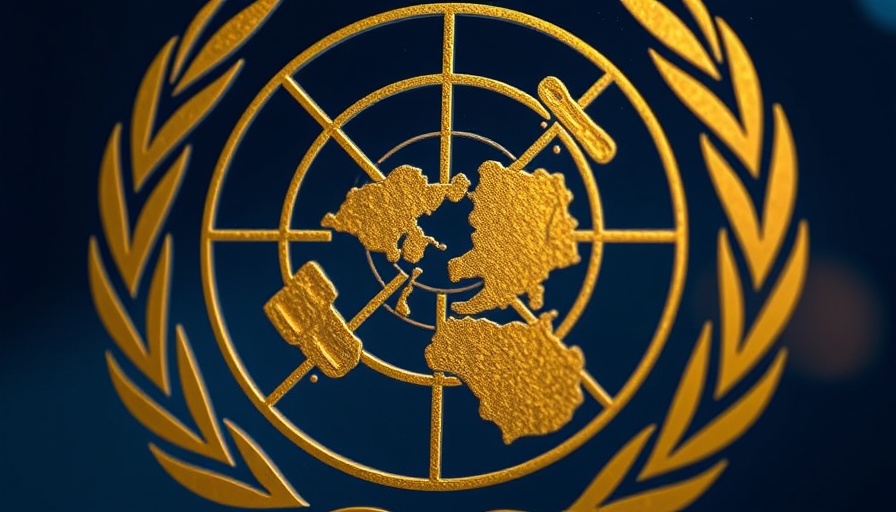
Pakistan's Ambitious AI Initiative: Transforming Healthcare Education
Pakistan is stepping into the future of healthcare by exploring the use of Artificial General Intelligence (AGI) to enhance diagnostics and revolutionize nursing training. Recently, the country secured $22 million in foreign direct investment, signaling a strong commitment to integrating AI into its national health framework.
The Urgent Need for Skilled Nurses
The Pakistan Nursing and Midwifery Council (PNMC) faces a daunting challenge, with the demand for skilled nurses and midwives projected at over 3.1 million. Currently, the country's nursing workforce stands at only 172,000. PNMC's collaboration with MindHYVE.ai, a California-based AI firm, aims to address this critical gap by developing tailored educational programs for future nurses. This innovative approach promises to significantly accelerate the training of nursing professionals.
Innovative AI Solutions in Diagnostics
In a parallel development, MindHYVE.ai has partnered with the Islamabad Diagnostic Centre (IDC) to implement AGI systems across its network of over 140 private facilities. These systems include advanced diagnostic tools that utilize AI for pre-diagnostic inference and anomaly detection, enhancing the efficiency and accuracy of medical diagnostics.
The Phased Rollout of AI Systems
The introduction of AGI into Pakistan's healthcare system will occur in three phases: an initial deployment phase, followed by a refinement period that will focus on data harmonization, and concluding with compliance licensing from regulatory authorities. This methodical approach ensures that the technology aligns with existing health regulations and standards while allowing for gradual integration.
Ensuring Ethical Implementation
As these advanced AI systems enter the healthcare landscape, ethical considerations remain paramount. Pakistan's initiative emphasizes explainable AI—a framework that includes clear diagnostic reasoning, human oversight, and encrypted data management. This ethical commitment aims to build trust in AI technologies, ensuring that they benefit healthcare professionals and patients alike.
Conclusion: A New Era for Healthcare in Pakistan
Pakistan's exploration of AGI marks a pivotal moment in its healthcare journey. By harnessing innovative technology to train nurses efficiently and enhance diagnostic capabilities, the country is poised to transform its healthcare landscape. Stakeholders across healthcare IT sectors should stay tuned to these developments as they unfold and consider how similar initiatives could be applied in other regions.
 Add Row
Add Row  Add
Add 




Write A Comment